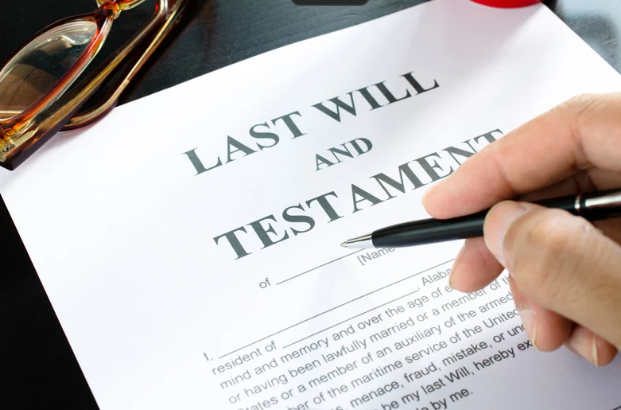Starting a business is an exciting venture, but protecting your personal assets while doing so is crucial. One of the best ways to safeguard both your business and personal estate is by forming a Limited Liability Company (LLC). This simple yet powerful structure not only shields your personal finances but also offers flexibility for estate planning. In this article, we’ll explore the key benefits of creating an LLC and how it integrates with your overall personal estate planning strategy.

Top Benefits of Creating an LLC
1. Liability Protection
One of the main advantages of an LLC is liability protection. When you form an LLC, your personal assets are protected from any debts or legal claims against the business. This separation ensures that creditors cannot pursue your home, car, or personal accounts to satisfy business obligations.
2. Pass-Through Taxation
Unlike corporations, LLCs are not taxed as a separate legal entity. Instead, income and losses “pass through” to the owners, meaning you report them on your personal tax returns. This pass-through taxation can simplify the tax filing process while potentially reducing your tax liability.
3. Flexibility in Management
An LLC allows you to structure the management of your business as you see fit. You can operate as a single-member LLC or have multiple owners (called members), giving you flexibility in decision-making and operational roles.
4. Enhanced Credibility
Forming an LLC can boost your company’s credibility in the eyes of potential clients, partners, and investors. It shows that you’re committed to creating a formal, professional business entity that’s built to last.
5. Easier Transfer of Ownership
With an LLC, transferring ownership is typically more straightforward than with other business structures. This is particularly useful in estate planning, as you can easily pass the business on to heirs or sell it if desired.
LLC vs. Other Business Structures for Estate Planning
When it comes to combining business formation and estate planning, you might wonder how an LLC stacks up against other business structures like corporations or sole proprietorships.
- Sole Proprietorship: While easier to set up, sole proprietorships offer no liability protection. Your personal assets are exposed to business risks, which can complicate your estate planning.
- Corporation: A corporation provides liability protection but comes with more rigid tax rules and administrative requirements. It’s also harder to pass ownership to heirs without triggering significant tax consequences.
- LLC: An LLC offers the perfect balance of liability protection, tax advantages, and ease of transferring ownership, making it ideal for small business owners focused on estate planning.
How to Form an LLC for Your Business and Estate Planning
- Choose a Business Name: Pick a unique name for your LLC that complies with your state’s regulations.
- File Articles of Organization: Submit the required paperwork to your state’s business division, typically the Secretary of State.
- Create an Operating Agreement: This document outlines the ownership and management structure of your LLC, and it’s crucial for estate planning purposes.
- Obtain an EIN: Get an Employer Identification Number (EIN) from the IRS, which you’ll use for tax purposes.
- Comply with Ongoing Requirements: Depending on your state, you may need to file annual reports or pay certain fees to keep your LLC in good standing.
Is an LLC Right for You?
If you own a small business or plan to start one, forming an LLC can provide valuable protection and flexibility. Not only does it shield your personal assets from business liabilities, but it also plays a key role in your estate planning strategy by simplifying the transfer of ownership and protecting your heirs from business debts.
At multiservices.ai, we specialize in helping business owners navigate the legal and financial complexities of both LLC formation and estate planning. Whether you’re looking to protect your business, personal assets, or both, we’re here to guide you every step of the way.
Contact us today to learn more about how forming an LLC can benefit your business and your estate!


